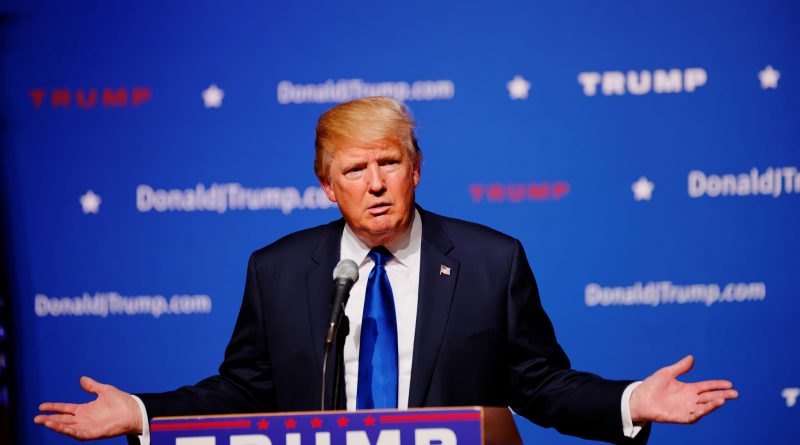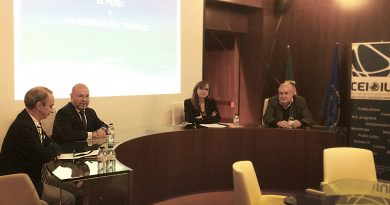President Trump and the future of US policies in the Middle East
As of the election of Donald Trump for president of the United States, there is an open question frequently mentioned on the front pages of the most influential newspapers across the world, concerning his attitude towards international issues, especially the Middle Eastern Crisis. The future relationship with the Middle East will become the best example of how the President-elect sees his role and the role of the United States in foreign policy.
Campaign vs real life
Pre-election statements, which had appeared on a daily basis during the campaign, will most probably become only a part of the election rhetoric and cannot be applied in real life situations. Consequently, the United States administration could become more cautious and, better prepared in their coming actions, given that it is very difficult to believe that there will be no one in the White House, in the near future, capable of estimating the negative consequences of any wrong moves.
The current US position vis-à-vis the Middle East: balancing internal and external interests
At the moment, the United States is in a very sensitive position on the wider territory of the Middle East. They have an agreement with Iran being questioned by the new administration in Washington, they are in a war against ISIS in Iraq and Syria – relying on the involvement therein of the governments of a number Arab and Islamic States – and they are supposed to be mediating the Israeli-Palestinian conflict. At the same time, they are not only acting as a friend to Israel, but as a mediator – or facilitator as some like to call them – capable of understanding the interests of the both opposed sides.
For every United States administration, the relationship with Israel does not represent a foreign policy issue, but mainly an internal one. In every decision made in connection with Israel, Washington has to reassess from the perspective of an internal balance of power. Meanwhile, this is putting the United States in an almost impossible situation as mediator in the Middle East peace process. Previously, presidents of the United States would solve this problem in a very simple way. As often as sufficient elements existed for a potential solution, and for at least a part of an open issue between Israelis and Palestinians, Washington would strengthen its involvement in the negotiations. Conversely, in the events where solutions were not apparent, United States mediators would disappear from the Middle East and travel to some other destination with a better perspective.
Trump’s dilemma
After taking office, president-elect Trump will find himself faced with a dilemma: should he fulfill his promise to Israel during the pre-election campaign and move the United States Embassy from Tel Aviv to Jerusalem, or to suddenly become pragmatic not to disrupt its own interests with other Arab regimes by way of their connections to Israel? Prior, one-sided involvement of the United States in the Middle East never had a chance to succeed, except during times of war. However, now there is no trace of any serious military conflict between Israel and neighboring states (excluding Syria which has a problem of a different nature).
It is certain that in Israel people understand that the United States’ friendship to the Jewish State is best proven when they can preserve its influence in the Arab world. On the other hand, it is not well demonstrated when the United States unilaterally supports the positions of Israeli right wing politicians, resulting in negative reactions from their Arabic and Islamic allies in the war against ISIS, which would not be in the Israeli interest.
The major questions for the new American administration are: how long it will take for them to position themselves? and will this position require them to become once again a “facilitator” in the peace process or intentionally passive, awaiting better times?
Donald Trump, Photo by Michael Vadon / CC BY-SA 2.0
![]() This work is licensed under a Creative Commons Attribution-NonCommercial-ShareAlike 4.0 International License.
This work is licensed under a Creative Commons Attribution-NonCommercial-ShareAlike 4.0 International License.




